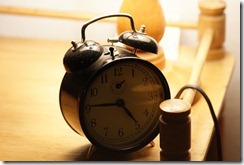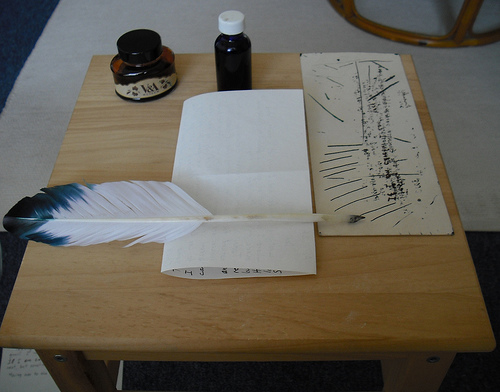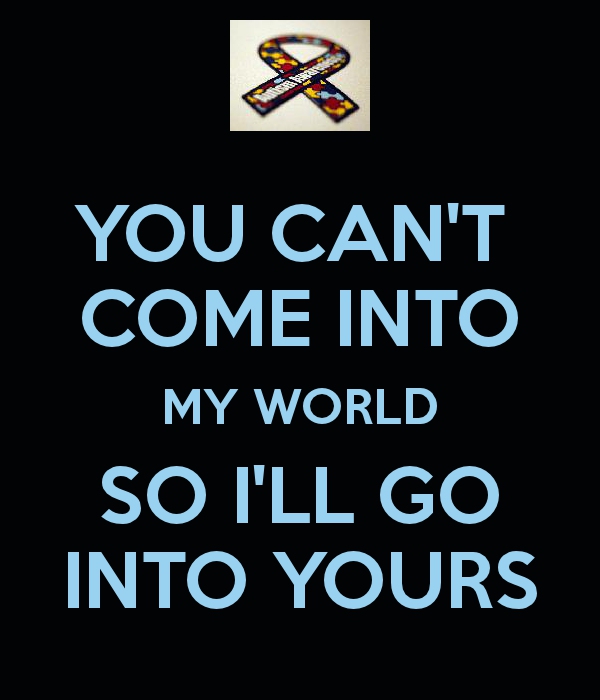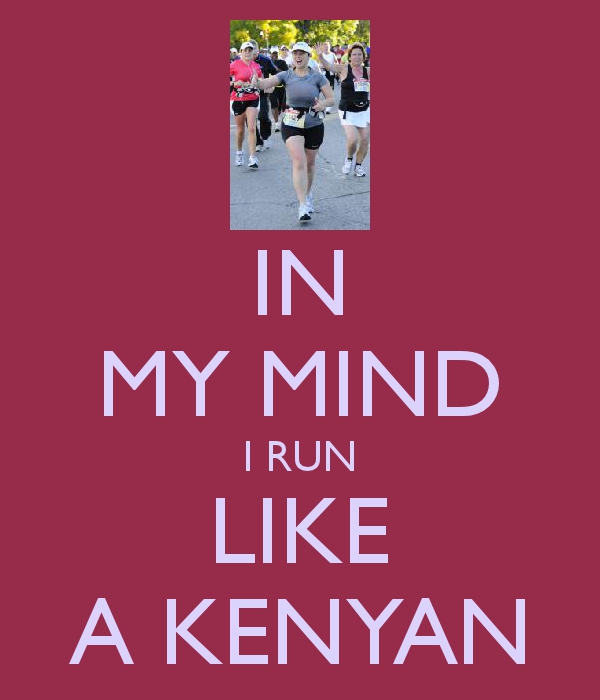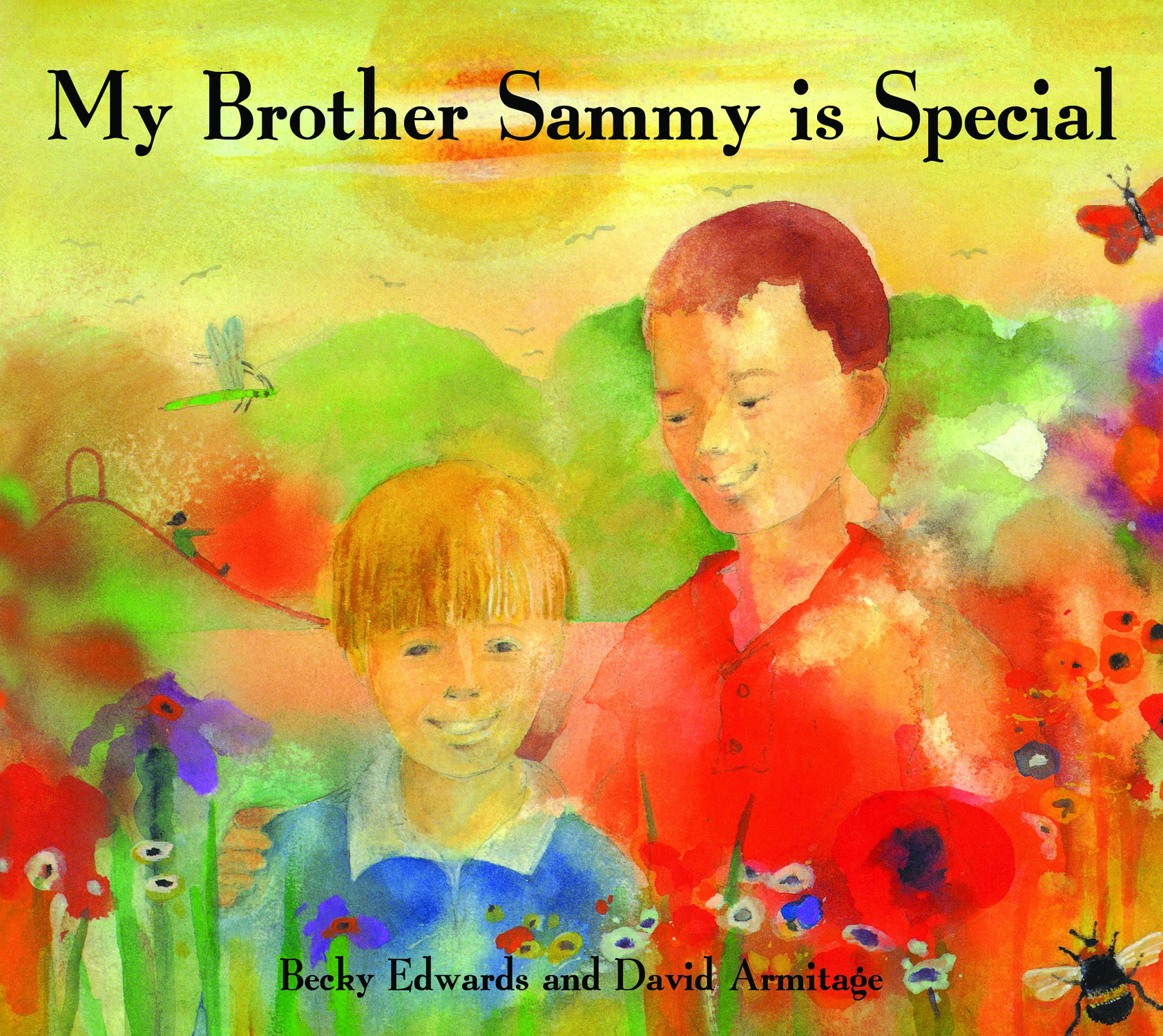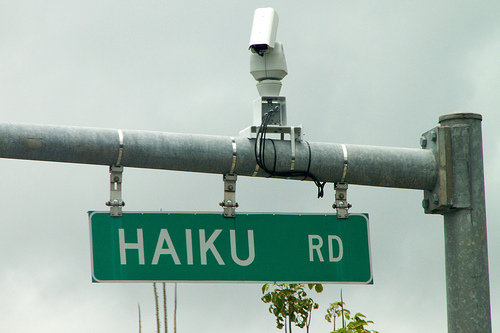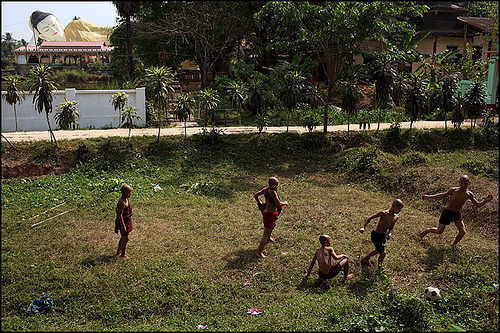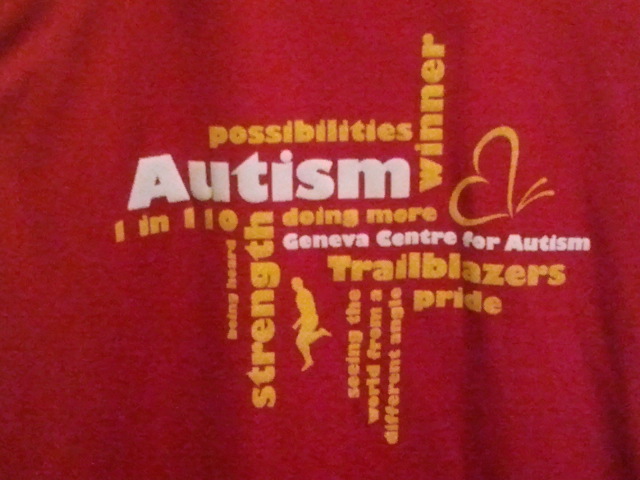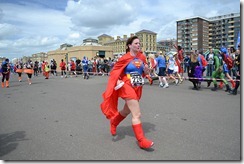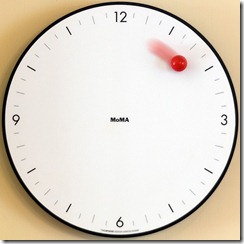I am participating in the Health Activist Writers Month Challenge, in which I publish a post every day for the month of April, based on health-related prompts.
April 11 – Theme song: Imagine your health focus or blog is getting its own theme song. What would the lyrics be? What type of music would it be played to?
I confess that I had no idea what to do with this prompt. My writing skills do not extend to the lyrics of songs. That is my husband’s arena. Therefore, for today, I decided to use one of the bonus prompts:
Daily schedule: Write a list of your daily routine from the moment you wake up until the moment you go to bed. Be honest!
5:00 I wake up to the sound of the alarm on my phone. More often than not, I am on the futon in my living room with a small kid pressed up on either side of me (although it must be said that the small kids are getting less small by the day). Because I’m wedged in between my kids, I can’t simply grab my phone and throw it against the wall like I want to. It takes effort to extricate an arm. Often, as I’m reaching for the phone, I knock it off the table, and then I have to get out of bed – a supreme effort indeed – to pick it up and turn off the alarm.
5:15 I turn on my computer to check my email. I am dressed in my running clothes and I am waiting for the coffee to finish brewing. While I’m reading my emails my younger son wakes up. I get him a cup of milk and start preparing to leave, knowing that I will be delayed by my son’s constant chatter.
5:25 I kiss my older son goodbye. He is asleep, but he will know if I’ve left without kissing him goodbye. I field a gazillion questions from my younger son and eventually manage to escape. I sprint to the bus stop and make it with seconds to spare.
6:30 I arrive at work and head straight for the corporate gym in the bowels of the building. I dump my stuff in a locker, fill up my water bottle, and head out for a run. I’m still groggy and sleepy, but the first kilometre or so takes care of that.
8:00 I get to my desk, all showered and feeling good from my run. I drop my bag on my chair and go straight back out for coffee and a bite to eat. I bring it back to my desk and work until noon.
12:00 Lunch-time! I curse about having once again left my carefully prepared lunch in my fridge at home. I gather up my notebook computer, buy a random salad somewhere, and sit in the common room writing words.
12:30 Back to the grindstone.
2:45 Arrival of my mid-afternoon energy crash. I go out for coffee, and while I stand in the queue I stare at the display of donuts and cookies wondering if it would be OK for me to have one. By the time I get to the front of the line I’m so undecided that I don’t get anything except the coffee. Which is a good thing.
4:00 I pack up, log off, say my goodbyes to my co-workers and leave. I go to the subway station and position myself on the platform just where I think the train doors will end up. More chance of getting a seat that way.
5:30 I arrive home, lamenting the fact that once again, I did not get a seat on either the subway or the bus. I walk home from the bus stop, and stop to check the mailbox on the way home. I do so much stuff over the Internet these days that I hardly get any actual mail.
5:35 The husband and children, who get home before I do, have been standing at the living room window watching for my arrival. The husband opens the front door to release the kids, who run towards me in that joyous, unrestrained way that only children are capable of. I dump my bags, drop to my knees, and open my arms. My boys come hurtling into my arms and almost knock me backwards with the force of their love. My cup overfloweth with happiness.
6:00 The kids were fed their dinner before I got home, and now the husband and I are cooking up something for ourselves. I enjoy the companionship as we chop vegetables together and chat about our days. I reflect on how fortunate I am to have a husband who supports me in my writing and my running, who accepts me for all of my weird little quirks, and who is the best dad ever.
7:00 Dinner has been cooked and eaten. I clean up the kitchen but don’t start the dishwasher – not yet. My older son, the one with autism, has a lot of angst where the dishwasher is concerned. I have only just gotten to the point where I can unpack and reload it without him completely melting down. Actually running it would be asking for trouble. Best to wait until he is asleep.
7:30 Bathtime for the kids. George goes in first, because he really doesn’t like being in a tubful of water. I soap him down and then, amid panicky cries of protest, I wash his hair. Like many autistics, he has a big problem with having his hair washed. James dives for cover, only emerging when George is safely out of the tub and in his pyjamas. James’ bath-time is a splash-fest. I have to keep a towel handy for myself, and I’m not even in the water.
8:30 The kids go to bed. George has done his homework (and got it right) in about three seconds flat. Bedtime milk has been consumed, stories have been read, hugs and kisses have been administered. I wait until George is asleep and then turn on the dishwasher. I make lunches for the following day and ensure that everyone has clean clothes to wear. I sit down at my computer and do whatever admin needs to be done.
9:30 My day’s work is done and now it’s time to reward myself. I pour a glass of wine, send my daily email to my mom, and waste time on Facebook. I complete and schedule any unfinished blog posts and start one or two new ones. Sometimes I abandon Facebook in favour of a nice soak in the tub. There’s something very decadent about sitting in a bubble bath with a book and a glass of wine.
10:00 I have a cup of tea with the husband and sigh dramatically as he channel-surfs. Why do men do this? Just as I’m getting into whatever happens to be on the channel gets changed.
10:30 I suddenly remember some crucial email or piece of admin that absolutely cannot wait until the following day. I turn on my laptop again to take care of it.
11:00 I fall into bed in a state of exhaustion, and fall into a fitful sleep that will, at least once, be interrupted by one of the kids needing something. Sometimes, I wake up to find one of them beside me. And I’m completely fine with that.
(Photo credit: http://www.flickr.com/photos/szift/3196084839. This photo has a creative commons attribution license.)





